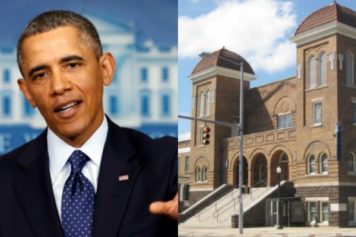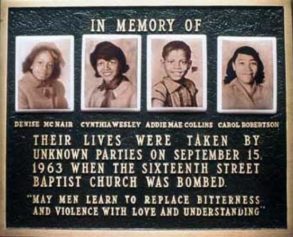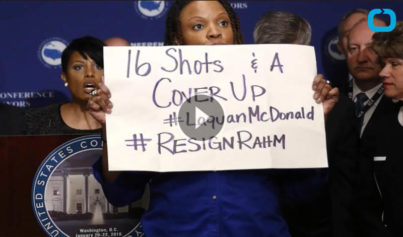It’s been 50 years since an event that many considered both the low point and the turning point in the Civil Rights Movement, when racists in Birmingham, Alabama, planted a bomb at the 16th Street Baptist Church and killed four little girls.
That horrific act was recalled yesterday at a meeting in Birmingham, where 50 mayors from across the nation joined the newly created U.S. Coalition Against Racism and Discrimination and signed a pledge to end racism in their own cities.
The 10-point plan includes pledges by the mayors to use their bully pulpits to push for diversity and equality and to enact policies that support programs such as post-release employment for prisoners, affordable daycare, fair housing, community events and education celebrating diversity.
“Cities are the place where hope hits the street, and where the hard work of government happens,” said Mitch Landrieu, mayor of New Orleans, during the Birmingham meeting of the U.S. Conference of Mayors.
The conference today was scheduled to host former Secretary of State Condoleezza Rice, who was an 8-year-old girl in Birmingham at the time of the bombing and who lost her friend, 11-year-old Denise McNair, in the explosion.
U.S. Attorney General Eric Holder also is expected to participate in the activities this weekend, commemorating the lives of the girls—McNair, and 14-year-olds Addie Mae Collins, Carole Robertson and Cynthia Wesley—who perished that day in the bomb set by the KKK. Historians point to the blast as the spark that led to passage of the Civil Rights Act a year later in 1964.
But the conference of mayors solemnly noted that, though there has been astounding progress in the last 50 years, black children are still three times more likely to be impoverished, blacks and Hispanics have a higher unemployment rate than whites, and minorities are disproportionately imprisoned.
“The marches in Birmingham were about toilets, parks and zoning, the things real people can change,” said Christopher Cabaldon, mayor of West Sacramento, California, who signed the pledge. “Cities have always been the center, the focus, of civil rights progress.”


